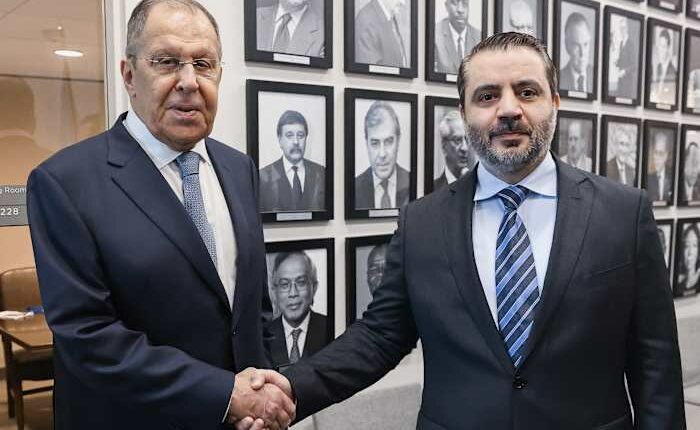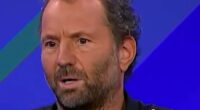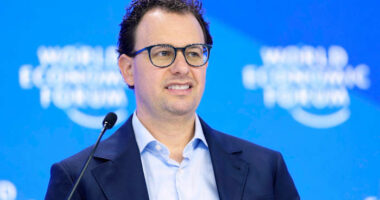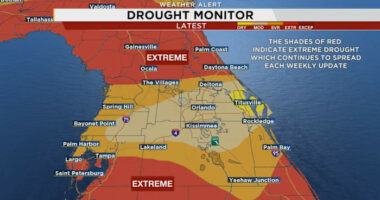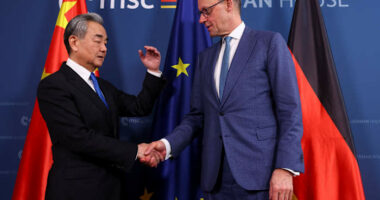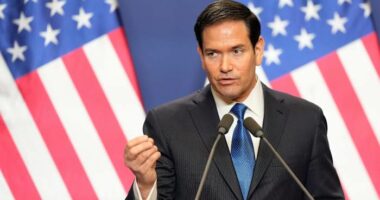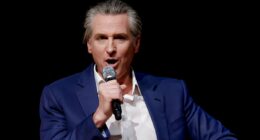Share this @internewscast.com
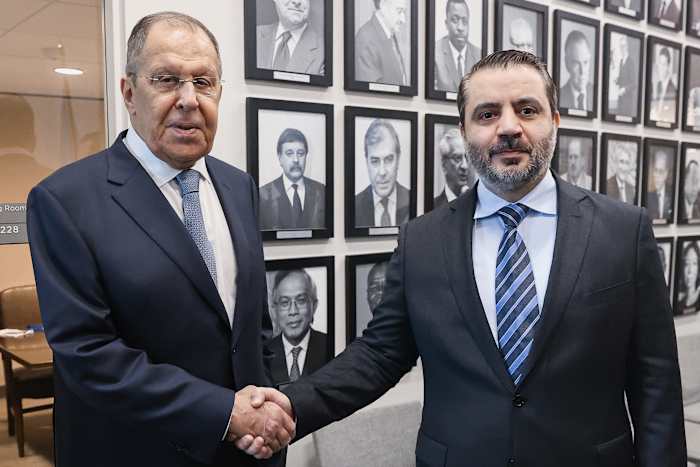
TANZANIA – On Saturday, during the United Nations assembly of world leaders, Russia takes center stage at a time when its invasion of Ukraine, ongoing for three years, has been widely condemned by the international community. Meanwhile, a key global player has recently expressed belief that Ukraine can successfully counter the invasion.
Russian Foreign Minister Sergey Lavrov is scheduled to address the General Assembly, just days after U.S. President Donald Trump stated his confidence that Ukraine could reclaim all its territories lost to Russia. This marks a significant change in tone from a U.S. leader who had earlier insinuated that Ukraine might have to compromise and may not regain all areas occupied by Russia since the Crimean Peninsula was annexed in 2014 and the broader invasion commenced in 2022.
Only three weeks before, Russian President Vladimir Putin claimed there was a “mutual understanding” between his country and the U.S., noting that Trump’s administration was receptive to Russia’s viewpoints.
This new stance from Trump followed his meeting with Ukrainian President Volodymyr Zelenskyy during the General Assembly’s side events on Tuesday. This meeting took place months after a highly publicized disagreement in the Oval Office. Unlike the previous confrontation, this meeting occurred behind closed doors, leading to a more amicable encounter, which Zelenskyy described as “a good meeting” in his speech the following day.
For the fourth consecutive year, Zelenskyy urged the assembly of global leaders, consisting of presidents, prime ministers, and other high-ranking officials, to demand Russia’s withdrawal from Ukraine, warning that complacency could threaten global security.
“Ukraine is only the first,” he said.
Unapproved flights into NATO airspace, attributed to Russia, have been causing concern across Europe in recent weeks, particularly after NATO downed drones over Poland, and Estonia reported a 12-minute incursion by Russian aircraft. Russia denied any airspace violations over Estonia and claimed that the drones did not target Poland, attributing their off-course trajectory to Ukrainian signal interference, a claim supported by Moscow’s ally, Belarus.
But European leaders see the incidents as intentional, provocative moves meant to rattle NATO and to suss how the alliance will respond.
Russia has offered various explanations for the Ukraine war, among them assuring its own security after NATO expanded eastward over the years.
Lavrov’s address to the General Assembly last year was a bitter swipe at the West, whetted with a reference to “the senselessness and the danger of the very idea of trying to fight to victory with a nuclear power, which is what Russia is.”
Copyright 2025 The Associated Press. All rights reserved. This material may not be published, broadcast, rewritten or redistributed without permission.
